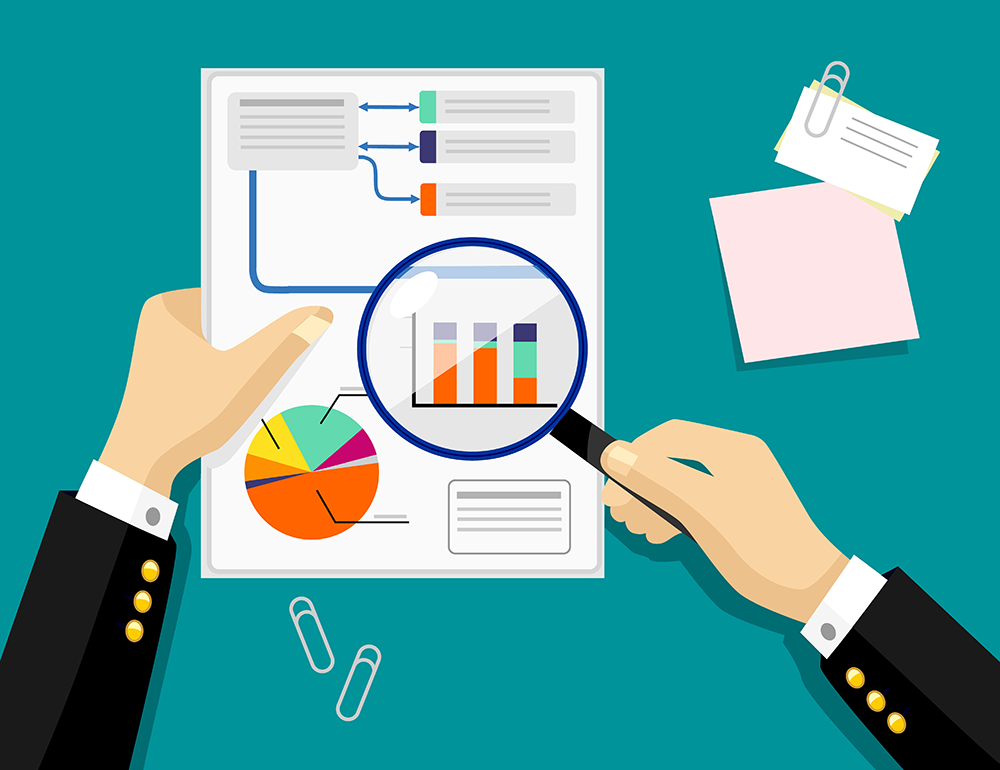
Research and data analysis are two essential components that drive our understanding of the world around us, enabling us to unearth valuable insights and make informed decisions. In this article, we delve into the power of research and data analysis, exploring how these disciplines work hand in hand to provide us with valuable knowledge and strategic guidance. Whether it is researching social trends, analyzing market data, or conducting scientific experiments, the process of research and the subsequent analysis of data are fundamental to our quest for knowledge and growth. Let’s embark on this journey together as we unravel the intricacies and significance of research and data analysis.
The Importance of Research
Research plays a vital role in the process of acquiring knowledge and understanding. By investigating, analyzing, and interpreting data, researchers are able to uncover meaningful insights and make informed decisions. In today’s data-driven world, research has become more important than ever.
Through thorough research, questions are answered, problems are solved, and gaps in knowledge are filled. It serves as the foundation for innovation, progress, and development in various fields. Without research, we would not have the advancements we enjoy today, such as scientific breakthroughs, technological innovations, and medical discoveries.
Research helps us gain a better understanding of the world around us. It allows us to explore different perspectives, test assumptions, and challenge existing beliefs. By conducting research, we can expand our knowledge and make informed judgments about complex issues, contributing to the growth and wellbeing of society.
Furthermore, research provides a basis for evidence-based decision making. It enables policymakers, business leaders, and individuals to make informed choices by using reliable data and analysis. By relying on research findings, we can create more effective policies, improve productivity, and achieve better outcomes.
In conclusion, research is of utmost importance in our quest for knowledge and progress. It helps us uncover valuable insights, expand our understanding, and make informed decisions. By embracing the power of research and data analysis, we can unlock new frontiers and drive positive change in our ever-evolving world.
The Process of Data Analysis
In any research endeavor, data analysis plays a crucial role in extracting meaningful insights from the collected information. It serves as the foundation for informed decision-making and provides a deeper understanding of the research subject. Let’s delve into the process of data analysis and explore its significance.
Collecting and Cleaning Data
The first step in data analysis is the collection of relevant data. This could involve various methods such as surveys, experiments, or observations. Once the data is gathered, it needs to be cleaned to ensure accuracy and reliability. This involves removing any errors, outliers, or missing values that may distort the analysis. Cleaning the data is essential to maintain the integrity of the findings and ensure meaningful results.
Exploring and Analyzing Data
After the data has been cleaned, the next step is to explore and analyze it. Exploratory data analysis involves examining patterns, trends, and relationships within the collected data. This can be done using various statistical techniques and visualization tools. By exploring the data, researchers can uncover hidden insights and formulate hypotheses for further investigation.
Once the data has been explored, researchers can proceed with the analysis. This involves applying appropriate statistical methods and techniques to draw conclusions and make inferences. The chosen analysis methods depend on the nature of the research question and the type of data collected. It is crucial to use reliable and valid statistical techniques to ensure the accuracy and validity of the findings.
Interpreting and Presenting Results
The final step in the data analysis process is interpreting and presenting the results. This involves deriving meaningful insights from the analysis and communicating them effectively. Researchers need to interpret the statistical findings in the context of the research question and draw sound conclusions. The results should be presented in a clear and concise manner, using appropriate visualizations, tables, or graphs to enhance understanding.
In conclusion, the process of data analysis is a critical component of any research project. It involves collecting and cleaning data, exploring and analyzing it, and interpreting and presenting the results. Through this process, researchers can uncover valuable insights and contribute to the advancement of knowledge in their respective fields.
Applications and Benefits
In the world of research and data analysis, there are limitless applications and numerous benefits. Let’s explore some of the key areas where research and data analysis play a crucial role:
Dissertation Literature Review
1. Business Decision-Making: Research and data analysis provide valuable insights that help businesses make informed decisions. By analyzing market trends, consumer behaviors, and competitor strategies, businesses can identify growth opportunities, optimize their operations, and stay ahead in the competitive landscape. Data-driven decision-making minimizes risks and maximizes success.
2. Healthcare and Medicine: Research and data analysis are revolutionizing the healthcare industry. From studying disease patterns to analyzing patient data, researchers can uncover new treatment options, identify potential health risks, and improve patient outcomes. By leveraging data analytics, healthcare professionals can make evidence-based decisions, enhance disease prevention efforts, and deliver personalized care to patients.
3. Social Sciences and Policy-Making: Research and data analysis are invaluable in shaping social policies and driving positive change. Whether it is conducting surveys, analyzing census data, or studying economic indicators, researchers can gain a deeper understanding of societal issues. Data-driven insights inform policy-makers, allowing them to address challenges, develop effective strategies, and create policies that benefit the community at large.
In conclusion, research and data analysis are integral to various industries and fields, ranging from business to healthcare to social sciences. By harnessing the power of data, organizations and researchers can uncover valuable insights, make informed decisions, and drive innovation and progress. The potential applications and benefits of research and data analysis are vast, making them indispensable tools in today’s data-driven world.